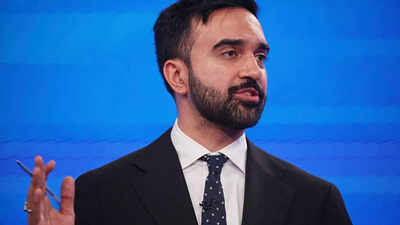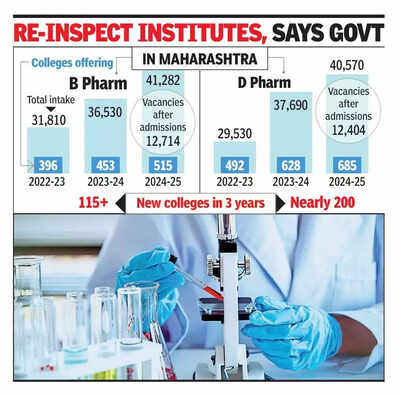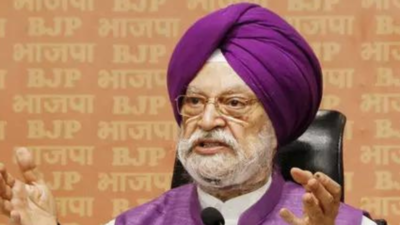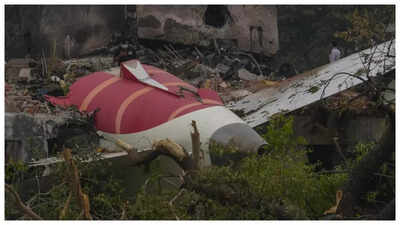Zohran Mamdani educational qualification: No Ivy League, just a crash course to question everything

In a campaign season dominated by polished resumes and party-line promises, one mayoral candidate in New York City is running with something different — a life that reads more like a migration map than a manifesto. Zohran Kwame Mamdani, born in Kampala, Uganda, on October 18, 1991, has built his politics not from textbooks, but from the borders, battles, and backstreets that shaped his education.His journey to the 2025 mayoral race began in classrooms across Uganda, South Africa, and the Bronx, and continued through eviction courts in Queens and debates inside the New York State Assembly. And it’s the kind of education that rarely ends with a degree.
From apartheid-era South Africa to NYC public schools
Mamdani was just five years old when his family moved from Uganda to Cape Town, South Africa, a city still unravelling the deep scars of apartheid. There, classrooms didn’t just teach math or science — they taught what structural injustice looked like up close. His parents — Mahmood Mamdani, a renowned political theorist, and Mira Nair, the globally acclaimed filmmaker — shaped his earliest political lessons at the dinner table.By 1998, when Zohran was seven, the family moved again — this time to New York City. He began attending the Bank Street School for Children in Manhattan, known for its progressive approach to education. Later, he enrolled in Bronx High School of Science, one of the city’s most prestigious public schools, where admission is determined by a highly competitive exam.But Mamdani didn’t follow the typical Bronx Science path of heading to an Ivy League with a STEM degree. Even as a teenager, he was more interested in how cities fail their people — especially immigrants, the poor, and the working class.
Mamdani and his his radical shift away from the Indian-American norm
In 2009, Mamdani left New York to attend Bowdoin College in Brunswick, Maine — a quiet liberal arts school where he majored in Africana Studies. He didn’t just study postcolonial politics — he practiced them. He co-founded the Bowdoin chapter of Students for Justice in Palestine, vocally supported anti-imperialist movements, and engaged in campus organizing that made administrators uneasy.He graduated in 2014 with a BA, but the real education came from his growing clarity: the systems that governed race, class, and immigration weren’t broken — they were working exactly as designed.
Hip-Hop to housing courts: Learning the system by battling it
From 2015 to 2018, Mamdani worked as a housing counselor in Queens, helping low-income tenants avoid eviction. It was there, in poorly heated apartments and packed housing courtrooms, that his politics hardened into purpose.He also expressed his political vision through art. As “Young Cardamom,” Mamdani released Nani — a trilingual hip-hop track in 2019 that became a minor viral hit. It combined humor, generational identity, and social commentary in a way that made even his critics pay attention.In 2018, Mamdani officially became a naturalized US citizen and immediately became more politically active.
Assembly wins, activist laws, and the mayoral pitch of Mamdani
Mamdani ran for public office in 2020, contesting the New York State Assembly seat for District 36 (Astoria, Queens). He won, unseating a four-term incumbent and taking office on January 1, 2021. He became one of the first South Asian, Ugandan-born, and Muslim lawmakers in Albany.In office, he pushed through bold legislation — fare-free buses, wage protections, and a debt relief package for New York’s struggling taxi drivers. He was re-elected in 2022 and again in 2024, expanding his voter base and building a reputation as one of the most active legislators among New York progressives.On October 23, 2024, Mamdani launched his 2025 mayoral campaign. His promises were anything but moderate: Rent freeze, city-run grocery stores, universal free child care, and taxing the ultra-rich to fund public education.
Not everyone cheers: Controversies, clarity, and TikTok power
Mamdani has not escaped criticism. His use of the phrase “globalize the intifada” at a 2021 rally drew harsh backlash from Jewish organizations and even the US Holocaust Memorial Museum. But he refused to retreat, arguing that his words were being taken out of context and that political clarity is more valuable than political safety.Mamdani’s campaign isn’t just built on policy. It’s powered by youth. With over 22,000 individual donors, a growing volunteer army, and viral content across platforms like TikTok and Instagram, Mamdani is running a digital-first, people-powered race that’s resonating with New York’s under-45 voters. Recent internal polling places him ahead of Andrew Cuomo among Gen Z and millennial voters.
Educated to disrupt, not conform
Mamdani’s life offers a powerful counter-narrative to the conventional Indian immigrant success story. He didn’t choose medicine, engineering, or finance. He chose a course that required constant confrontation with power. His education was never about safe credentials. It was about asking unsafe questions.Born in Uganda, raised in apartheid’s aftermath, sharpened in NYC public schools, and radicalized in Bowdoin’s seminar halls, Zohran Mamdani is running not as an outsider—but as someone who knows how systems are built to exclude. And how they can be reimagined to include.If he wins the June 24, 2025 Democratic primary, he may just become New York’s next mayor. But even if he doesn’t, he’s already redrawn the syllabus on what leadership can look like.





